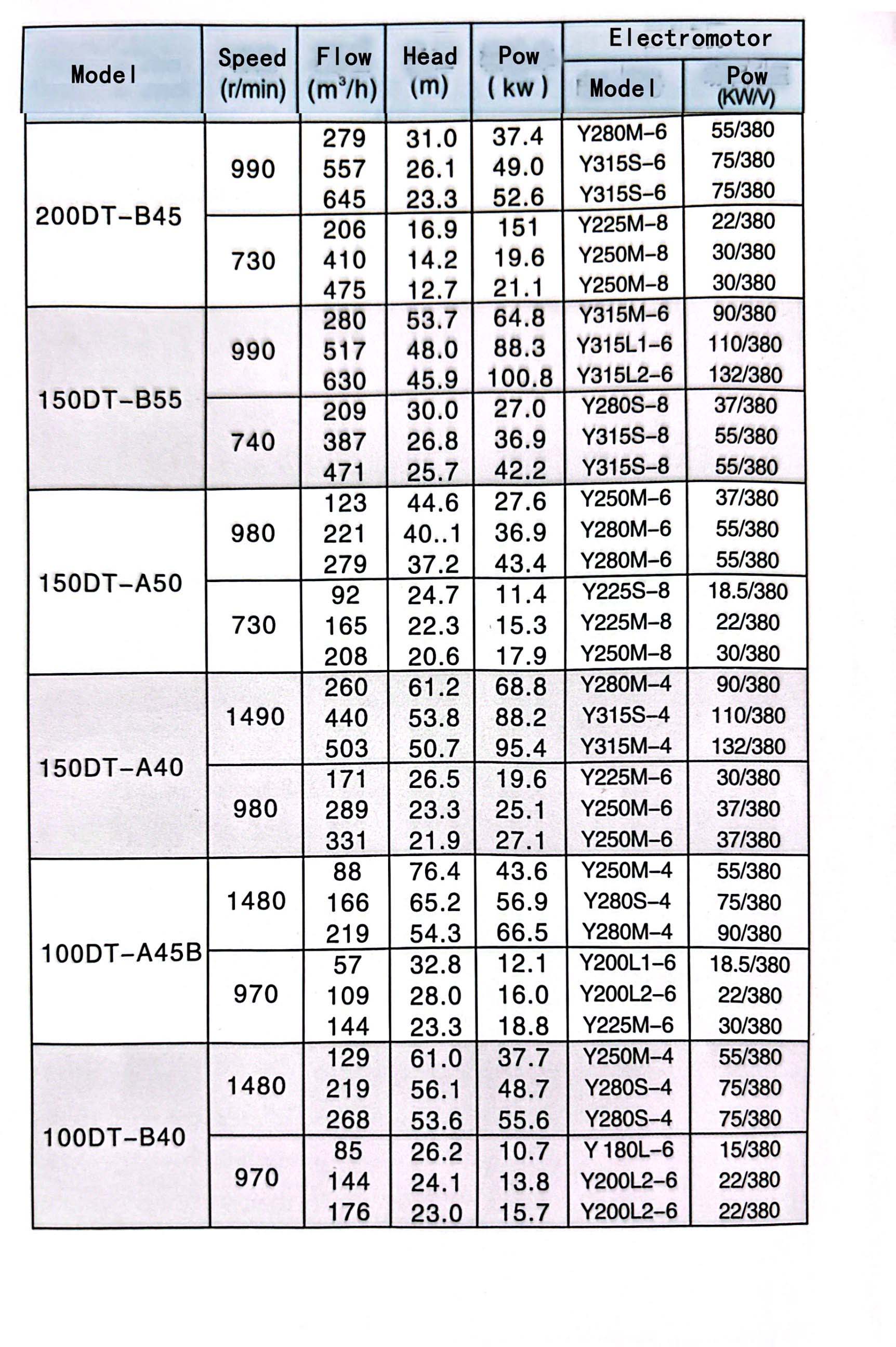Khmer
- Afrikaans
- Albanian
- Amharic
- Arabic
- Armenian
- Azerbaijani
- Basque
- Belarusian
- Bengali
- Bosnian
- Bulgarian
- Catalan
- Cebuano
- Corsican
- Croatian
- Czech
- Danish
- Dutch
- English
- Esperanto
- Estonian
- Finnish
- French
- Frisian
- Galician
- Georgian
- German
- Greek
- Gujarati
- Haitian Creole
- hausa
- hawaiian
- Hebrew
- Hindi
- Miao
- Hungarian
- Icelandic
- igbo
- Indonesian
- irish
- Italian
- Japanese
- Javanese
- Kannada
- kazakh
- Khmer
- Rwandese
- Korean
- Kurdish
- Kyrgyz
- Lao
- Latin
- Latvian
- Lithuanian
- Luxembourgish
- Macedonian
- Malgashi
- Malay
- Malayalam
- Maltese
- Maori
- Marathi
- Mongolian
- Myanmar
- Nepali
- Norwegian
- Norwegian
- Occitan
- Pashto
- Persian
- Polish
- Portuguese
- Punjabi
- Romanian
- Russian
- Samoan
- Scottish Gaelic
- Serbian
- Sesotho
- Shona
- Sindhi
- Sinhala
- Slovak
- Slovenian
- Somali
- Spanish
- Sundanese
- Swahili
- Swedish
- Tagalog
- Tajik
- Tamil
- Tatar
- Telugu
- Thai
- Turkish
- Turkmen
- Ukrainian
- Urdu
- Uighur
- Uzbek
- Vietnamese
- Welsh
- Bantu
- Yiddish
- Yoruba
- Zulu
Telephone: +86 13120555503
Email: frank@cypump.com
វិច្ឆិកា . 30, 2024 01:14 Back to list
Sewage Pump Systems and Their Role in Efficient Wastewater Management
Understanding Sewer Injection Pumps An Essential Component in Wastewater Management
Sewer injection pumps play a crucial role in the efficient management and transportation of wastewater in urban environments. As cities continue to grow and develop, the need for reliable sewage systems becomes increasingly important to maintain public health and environmental standards. This article will explore the functionality, applications, and importance of sewer injection pumps in today's infrastructure.
What is a Sewer Injection Pump?
A sewer injection pump is a specially designed pump that is used to transport wastewater from low-lying areas to higher elevation sewer systems. Unlike standard pumps, sewer injection pumps are specifically engineered to handle the unique challenges associated with sewage, including solid waste and various contaminants. These pumps are typically submersible, meaning they operate below the water surface, allowing for efficient handling of inflow without the need for extensive surface infrastructure.
Functionality of Sewer Injection Pumps
The primary function of a sewer injection pump is to move sewage water from collection points, such as basins or holding tanks, into a municipal sewer system or wastewater treatment facility. The pumps are often equipped with macerators, which grind solid waste into smaller pieces, allowing for easier transport through pipes. This feature is particularly important in areas where gravity flow is insufficient due to elevation changes. By pushing waste better and more effectively, sewer injection pumps help prevent clogs and backups in the sewer system.
These pumps are also designed to handle the high levels of fat, oils, and grease (FOG) often found in wastewater, ensuring that these substances do not accumulate and cause blockages. Moreover, sewer injection pumps have built-in safety and monitoring systems that alert operators to potential issues, such as overflow or mechanical failures, further enhancing their reliability and functionality.
Applications of Sewer Injection Pumps
sewer injection pump

Sewer injection pumps are used in various settings, including residential, commercial, and industrial applications. In residential neighborhoods, for instance, these pumps help manage wastewater from homes situated in low-lying areas, ensuring that sewage is efficiently lifted to sewer mains. Commercial buildings, especially those with significant food processing or kitchen activities, also rely on sewer injection pumps to handle the higher volumes of wastewater generated.
In industrial settings, sewer injection pumps are crucial for managing wastewater generated from manufacturing processes. Industries that produce substantial amounts of liquid waste must rely on these pumps to transport their effluent to treatment facilities while meeting local and environmental regulations.
The Importance of Sewer Injection Pumps
The importance of sewer injection pumps cannot be overstated. They are essential for maintaining the sanitary conditions of urban areas, preventing flooding, and minimizing environmental impacts. Without these pumps, wastewater removal would be less efficient, increasing the risk of sewer overflows and environmental contamination.
Moreover, as populations grow and urban sprawl continues, sewer injection pumps will become even more critical. Upgrading existing sewage systems to incorporate advanced pumping technologies will be essential in ensuring that cities can accommodate increasing demand while adhering to strict environmental regulations.
Conclusion
In summary, sewer injection pumps are a vital component of modern wastewater management systems. Their ability to transport sewage in challenging conditions makes them indispensable in urban infrastructure. As cities face increasing challenges related to population growth and environmental sustainability, the role of sewer injection pumps will continue to evolve, driving innovations to ensure our communities remain clean and safe. As technology advances, we can expect even more efficient and environmentally friendly solutions in the wastewater management industry, underlining the importance of these often-overlooked pump systems.
-
Heavy-Duty Mining Sludge Pumps - Wear-Resistant Slurry Handling
NewsAug.02,2025
-
Horizontal Split Case Pump with GPT-4 Turbo | High Efficiency
NewsAug.01,2025
-
ISG Series Pipeline Pump - Chi Yuan Pumps | High Efficiency, Durable Design
NewsAug.01,2025
-
Advanced Flue Gas Desulfurization Pump with GPT-4 Turbo | Durable & Efficient
NewsJul.31,2025
-
ISG Series Vertical Pipeline Pump - Chi Yuan Pumps | Advanced Hydraulic Design&Durable Construction
NewsJul.31,2025
-
ISG Series Vertical Pipeline Pump - Chi Yuan Pumps | Energy Efficient & Low Noise
NewsJul.31,2025










